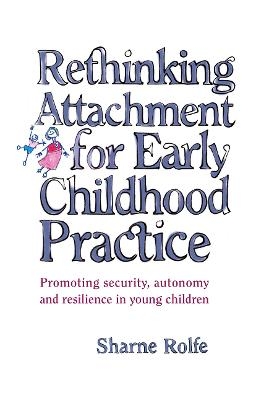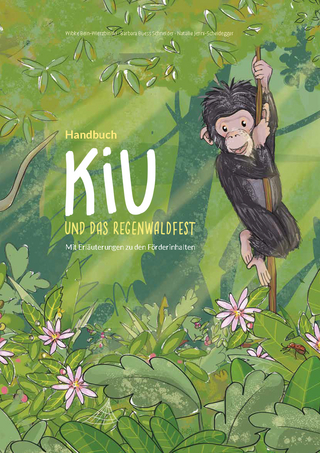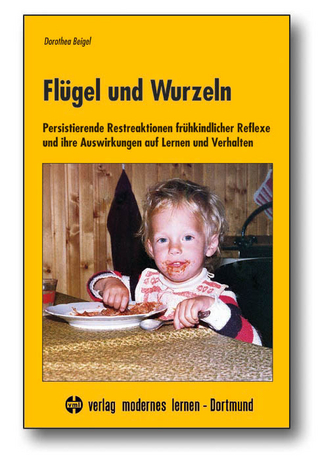
Rethinking Attachment for Early Childhood Practice
Routledge (Verlag)
978-0-367-71925-8 (ISBN)
Sharne Rolfe brings an excellent discussion of attachment principles, research and applications to an exceedingly important topic, the relationships between child care teachers/providers and young children. It is a important resource for the current and next generation of early childhood professionals and researchers, and it will be a key resource for the growing international discussion about child care teacher/provider and child relationships.'
Helen H. Raikes, PhD, The Gallup Organization, and Society for Research in Child Development Consultant, Administration for Children and Families, USA
a timely synthesis of current knowledge concerning attachment and its implications for contemporary practice.highly relevant for use in college and university early childhood programs and a valuable resource for directors and staff in children's services'
Alan Hayes, Professor of Early Childhood Studies, Macquarie University
particularly valuable in highlighting the crucial importance of taking a relationship-based approach when working with young children.'
Pam Linke, Manager, Centre for Parenting, Child and Youth Health, South Australia
This accessible and lively exploration of the importance of attachment for infants, young children and their parents, should be essential reading for all professional caregivers and for policy makers concerned with the mental health and well being of our future generation.'
Ruth Schmidt Neven, Director, Centre for Child and Family Development
In heated debates about whether childcare damages young children, attachment theory has been seen as anti-childcare'. Rolfe rethinks this perception, demonstrating instead that understanding attachment is essential to good childcare practice.
Rethinking Attachment offers a thorough explanation of attachment theory and explains how security, autonomy and resilience in young children can be promoted in childcare settings through a sound understanding of attachment principles.
With examples drawn from practice, Rolfe examines the relationships between children and their carers, between parents and carers, and between carers themselves. She also shows how secure attachment relationships with parents and carers influence transitions to childcare, preschool and school.
Sharne Rolfe is Senior Lecturer in Child Psychology in the Department of Learning and Educational Development at the University of Melbourne, and coeditor of Doing Early Childhood Research.
Part 1: Introduction
Chapter 1: Introduction
Part 2: The significance of attachment relationships
Chapter 2: Attachment Theory
Chapter 3: Internal working models
Chapter 4: Quality of attachment
Chapter 5: Attachment and resilience
Part 3: Attachment through infancy and early childhood
Chapter 6: Infancy and developing trust
Chapter 7: Toddlerhood and becoming autonomous
Chapter 8: The preschool years
Chapter 9: Attachment and cognitive competence
Part 4: Attachment issues
Chapter 10: Separation experiences
Chapter 11: Adult attachment issues
Chapter 12: Cultural perspectives on attachment
Chapter 13: When attachment needs are unmet
Part 5: Conclusion
Chapter 14: Rethinking attachment for early childhood policies and practices
Bibliography
Index
| Erscheinungsdatum | 06.04.2021 |
|---|---|
| Verlagsort | London |
| Sprache | englisch |
| Maße | 138 x 216 mm |
| Gewicht | 408 g |
| Themenwelt | Sozialwissenschaften ► Pädagogik ► Vorschulpädagogik |
| ISBN-10 | 0-367-71925-8 / 0367719258 |
| ISBN-13 | 978-0-367-71925-8 / 9780367719258 |
| Zustand | Neuware |
| Haben Sie eine Frage zum Produkt? |
aus dem Bereich


